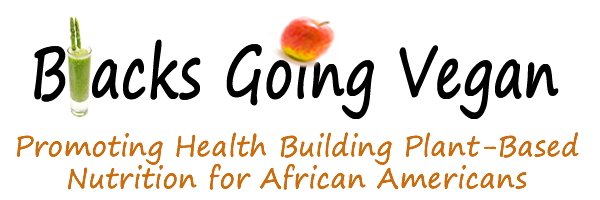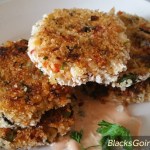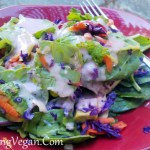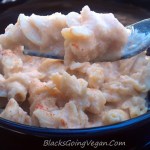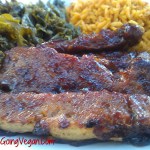Vegan Protein Sources and Vitamin B-12
I’ve been asked several times since beginning a vegan transition “but Deb, where are you going to get your protein from if you stop eating meat?”
Admittedly, it is easier not to worry about protein when you’re eating meat. However, plant foods are rich sources of protein, and eating a variety of protein rich foods daily will supply a vegan with most everything the body needs.
Plant protein is available in a surprising number of foods that people usually don’t consider as “protein sources.” Truth is ALL WHOLE FOODS HAVE PROTEIN in greater or lesser amounts.
Nuts: Rich in omega-3s, antioxidants, protein, and fiber, nuts like walnuts and almonds can help you slim down by making you feel satiated longer.
Seeds: They contain essential fatty acids, which are vital for growth, healthy skin and hair, and help to control blood pressure and your immune response.
Beans: Ignite your body’s fat-blasting furnace, they’ll keep you full, and are high in resistant starch, meaning that half the calories consumed cannot be absorbed. They also reduce blood sugar, and create the fatty acid butyrate, which may burn fat faster.
1 cup garbanzo beans 14.5 grams
1 cup pinto beans 12 grams
1 cup re-fried beans 15.5 grams
1 cup soybeans 28 grams
1 oz. cashews 4.4 grams
1 oz. peanuts 6.5 grams
1 oz. sesame seeds 6.5 grams
1 oz. pistachios 5.8 grams
1 cup tofu 22 grams
1 cup lentils 18 grams
Fruits and Vegetables: Fruits and vegetables are sources of many vitamins, minerals and other natural substances that may help protect you from chronic diseases. Eating fruits and vegetables of different colors gives your body a wide range of valuable nutrients, like fiber, folate, potassium, and vitamins A and C.
1 avocado 10 grams
1 cup broccoli 5 grams
1 cup spinach 5 grams
1 cup peas 9 grams
1 medium artichoke 4 grams
1 cup asparagus 5 grams
1 cup beet greens 3 grams
Veganism and Vitamin B-12
Supplementing with vitamin B-12 and iron may be recommended for some people. Vitamin B-12, or Cobalamin, is the largest and most complex vitamin currently known to man. A slight deficiency of vitamin B-12 can lead to anemia, fatigue, mania, and depression, while a long term deficiency can cause permanent damage to the brain and central nervous system.
Though only a lab workup and a physician is qualified to make that determination for you, to reduce the likelihood of a problem with this important vitamin, there are things you can take and eat to boost your intake naturally:
- Fortified soy products
- Fortified drinks (Vitamin water)
- Yeast extract (Marmite)
- Veggie burgers
- Vitamin B-12 supplements, like these from Vitabase

Category: Veganism and African Americans
